Summary
This paper examines the health geopolitical implications of COVID-19 in the Caribbean, including its scope and impact on the region, the pandemic diplomacy conducted by the United States, China, India, and other great powers, and Cuba’s leveraging of its medical capabilities to punch above its weight globally. The study suggests that the dawn of the Age of COVID-19 has added to the region’s geopolitical complexity, accentuating the importance of health geopolitics. It argues that COVID-19 has been testing the political and diplomatic adroitness of leaders in navigating the turbulent geopolitical high seas where the United States, China, Russia, and India have been jockeying to secure more geopolitical gains.
COVID-19 has literally scarred 2020 in ways that will forever be remembered throughout the annals of history. We did not expect to shut down our borders to ourselves as a family, [and] to the rest of the world. … But COVID-19 has also wrought serious economic hardship and damage to our region. — Prime Minister Mia Motley of Barbados
For the small island states of the Caribbean, vaccine diplomacy is crucial to managing the COVID-19 pandemic. … Many Caribbean nations have long played Taiwan and China off each other, to their own advantage. Five of the 15 states worldwide that officially recognize Taiwan diplomatically are in the Caribbean—namely Belize, Haiti, St. Lucia, St. Kitts and Nevis, and St.
Vincent and the Grenadines. – Bert Hoffman
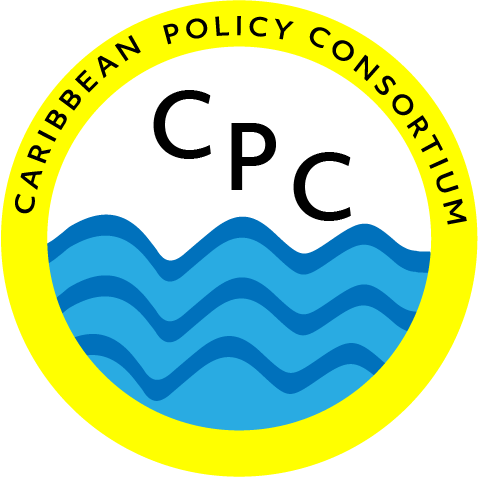
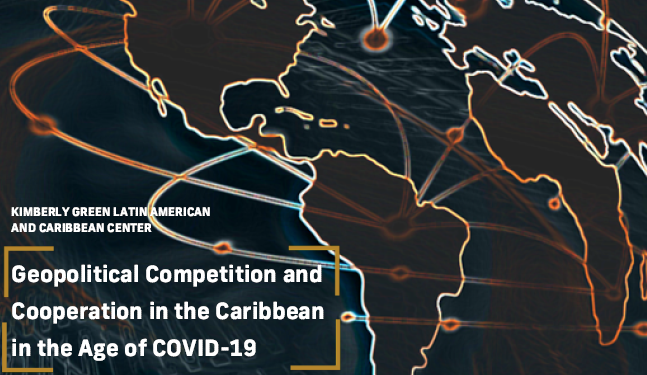

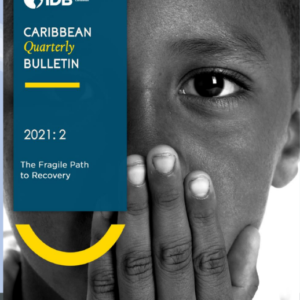
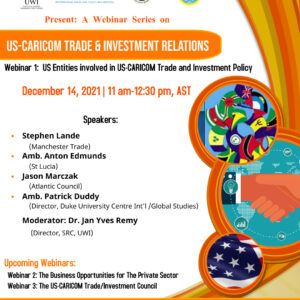
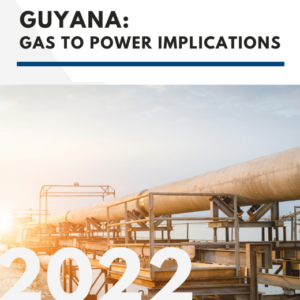
Reviews
There are no reviews yet.